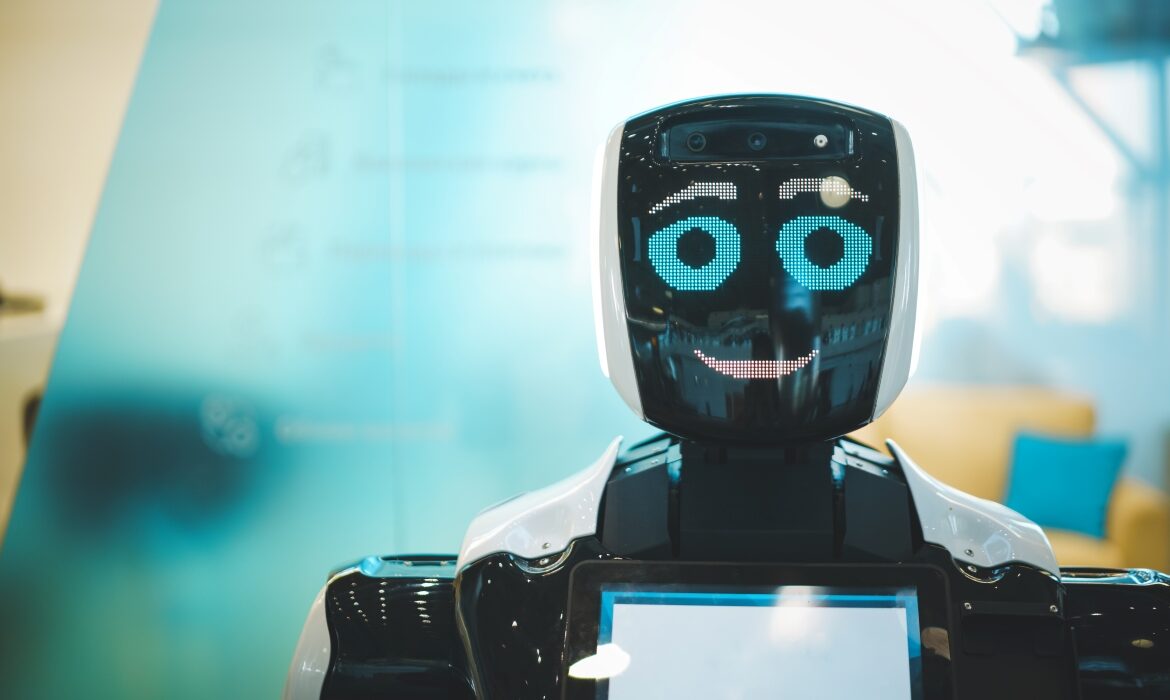
Artificial Intelligence in Customer Service
Artificial intelligence (AI) has profoundly transformed the way businesses interact with their customers, streamlining processes and improving customer service efficiency. With the ability to automate tasks, provide real-time assistance, and analyze large volumes of data, AI has emerged as a critical tool for improving customer experience and resolving issues more quickly and accurately.
One of the main uses of artificial intelligence in customer service is through chatbots. These automated tools allow businesses to handle simple and common queries efficiently. Chatbots can handle a wide variety of requests, from providing product information to troubleshooting common issues, freeing up time for human agents to focus on more complex problems. Plus, these bots are available 24 hours a day, ensuring that customers receive immediate responses at any time, significantly improving the user experience.
Another important application of AI in customer service is the use of more advanced virtual assistants. Unlike chatbots, which are programmed to answer specific questions, virtual assistants can use machine learning algorithms to interpret the context of queries and provide more personalized responses. These systems adapt and learn from each interaction, continually improving their ability to solve problems and respond to customer needs. This level of personalization is crucial to delivering a more human and personal experience, which in turn increases customer satisfaction and loyalty.
Artificial intelligence has also improved customer service through predictive analytics. By analyzing large amounts of data, AI can predict customer behaviors and anticipate problems before they occur. For example, if a customer has shown signs of dissatisfaction in previous interactions, AI-based systems can alert customer service agents to take proactive action before the situation worsens. This anticipatory ability not only resolves problems faster, but also allows businesses to maintain stronger, longer-lasting relationships with their customers.
Additionally, artificial intelligence in customer service has enabled deeper analysis of user feedback and interactions. AI tools can analyze large volumes of data much more quickly and efficiently than humans, identifying patterns in complaints, comments, and questions that can be difficult to spot with the naked eye. These analyses allow companies to improve their products and services based on real customer needs and expectations, which can lead to greater satisfaction and loyalty in the long run.
As AI technologies continue to advance, an emerging trend in customer service is the use of hybrid AI agents. These agents combine the best of automation with human interaction. Rather than completely replacing customer service agents, these systems allow AI to handle basic queries, while human agents step in for situations that are more complicated or require a personal touch. This approach not only increases efficiency, but also ensures that customers receive the right level of attention based on the complexity of their query.
Artificial intelligence has also had an impact on the speed and accuracy with which customer information is handled. AI systems can filter, organize, and analyze large volumes of data almost instantaneously, allowing businesses to provide faster, data-driven responses. Additionally, AI can help reduce human error by automating repetitive tasks and ensuring information is handled consistently and correctly.
While AI in customer service has many benefits, it also poses certain challenges. One of the main ones is ensuring that automation does not dehumanize customer service. Although AI systems can handle many queries, some customers prefer to interact with a human agent, especially when they are facing more sensitive or emotional issues. To address this, it is important for businesses to find a balance between automation and human interaction, offering options for customers to speak to an agent at any time if they wish.
In conclusion, artificial intelligence in customer service has revolutionized the way businesses interact with their customers. Through chatbots, virtual assistants, predictive analytics, and hybrid agents, AI has improved the efficiency, personalization, and anticipation of customer service. However, the challenge lies in maintaining a balance between automation and the human touch, ensuring that technology enhances, but does not replace, the personal interactions that are fundamental to a satisfactory customer experience.





